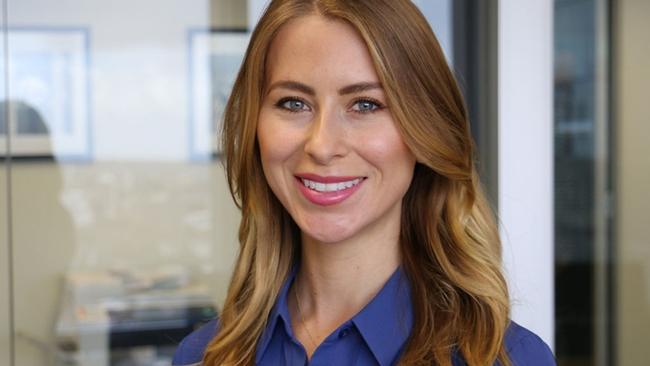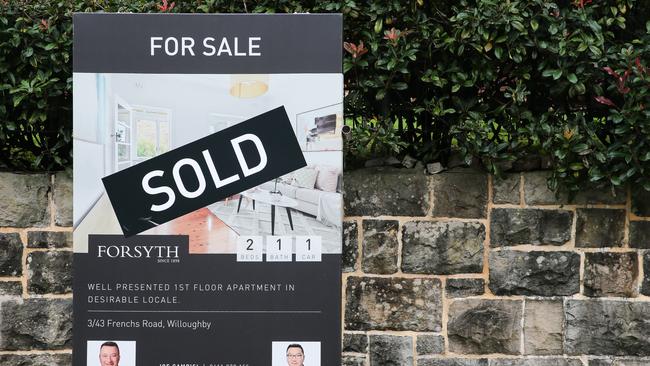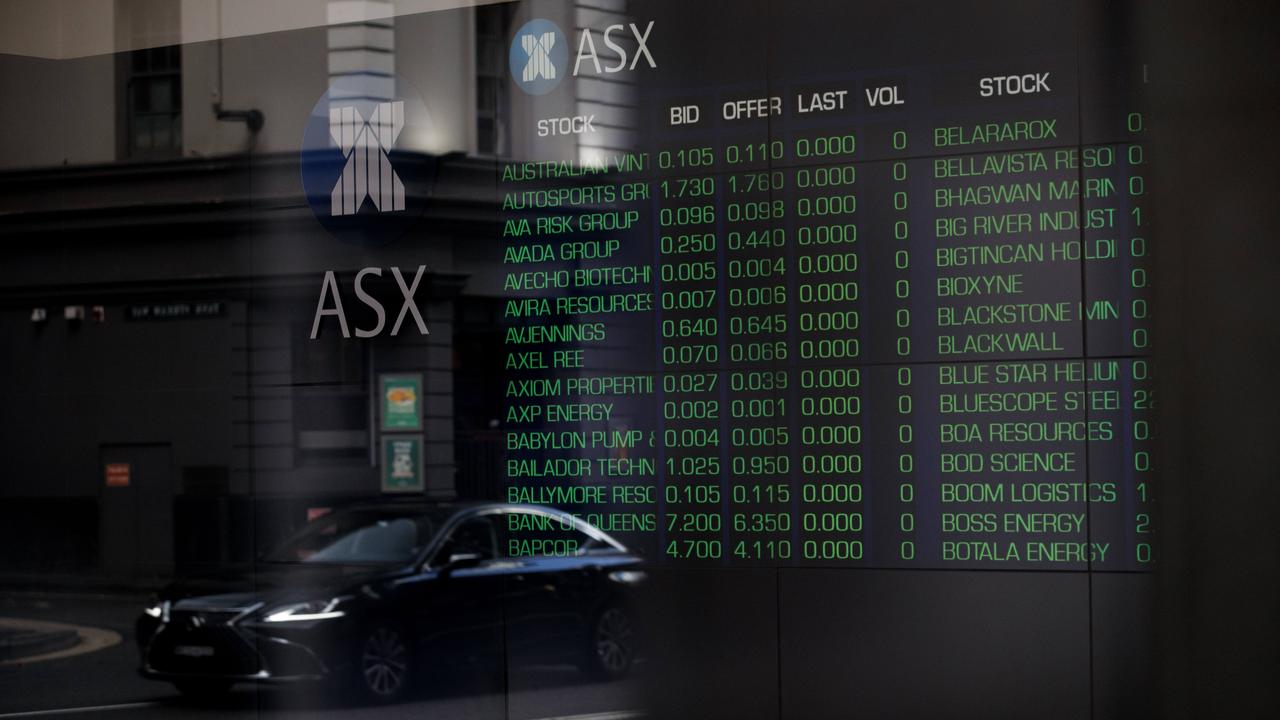Interest rate decision: RBA makes call on May cash rate
After a six week reprieve, Australians will learn today whether interest rates will rise again.

Interest Rates
Don't miss out on the headlines from Interest Rates. Followed categories will be added to My News.
Homeowners, who have already been smashed by 13 interest rate rises and the cost of living crisis, are breathing a sigh of relief as the Reserve Bank of Australia held interest rates in May.
The RBA had been meeting for the first time since it also held interest rates at 4.35 per cent in March.
The Board noted that while inflation continues to moderate, it is declining more slowly than expected.
It has warned the economic outlook is uncertain and recent data has demonstrated that the process of returning inflation to target is unlikely to be smooth.
“The Board expects that it will be some time yet before inflation is sustainably in the target range and will remain vigilant to upside risks. The path of interest rates that will best ensure that inflation returns to target in a reasonable time frame remains uncertain and the Board is not ruling anything in or out,” it said in a statement explaining its May decision.
“The Board will rely upon the data and the evolving assessment of risks. In doing so, it will continue to pay close attention to developments in the global economy, trends in domestic demand, and the outlook for inflation and the labour market.”

PropTrack senior economist Eleanor Creagh said the sustained pause – with the last rate rise in November – reflects the expected easing in inflation still to come as the economy, businesses, and consumers continue to adjust to the full impact of significant interest rate rises.
“Although inflation has not fallen as quickly as expected early in the year, retail sales and consumption are weak, and consumer sentiment remains low,” she said.
“Despite higher-than-expected inflation in the March quarter confirming the challenging journey towards lower inflation, the Board remain forward looking, anticipating further decline in inflation by the end of the year.
“Although higher than expected inflation in the March quarter has pushed back the expected timing of rate cuts, most still expect that the next move for interest rates will be down. However, the timing remains uncertain.”

Yet, there are fears that rates could still be increased again as employment holds strong and inflation remains difficult to contain, but the majority of economists have forecast that the RBA will hold rates in May.
KPMG chief economist Brendan Rynne said he expects interest rates to remain on hold for much of 2024 before a possible cut towards the end of the year.
“The biggest threat to this – and of inflation taking off again – is fiscal policy going into expansion mode in next week’s Budget,” he noted.
Deloitte Access Economics partner Stephen Smith said the wait-and-see game continues with the RBA.
“One thing is certain: all eyes will be on next week’s federal budget as the Treasurer faces the conundrum of fighting inflation against the backdrop of a slowing economy,” he said.
“The fact that the RBA kept interest rates on hold after a stronger-than-expected CPI print for the March quarter may indicate that the central bank acknowledges that interest rates cannot easily tame supply-driven inflation.
“As we have been saying for months, the inflation in the economy is primarily led by supply-side factors like the cost of housing, energy, and fuel. Rate hikes do not impact the cost of the latter two and actively increase housing costs.
He added insurance premiums and one-off annual changes to school fees also had an impact on inflation.
“Meanwhile, retail sales growth is at record lows, and showing no signs of suddenly roaring back to life. This is not a sign of an economy that needs another rate hike,” he noted.
“We expect inflation will decelerate faster than the official estimates, which we still predict will prompt the RBA to cut rates in November.”
Mortgage Choice CEO Anthony Waldron said the decision to keep the cash rate on hold will be welcomed by borrowers who are hoping for cost-of-living relief when the federal budget is handed down on 14 May.
“While the latest inflation data may have dashed borrowers hopes of a cash rate cut in the near future, I suspect the RBA will wait to see the federal budget and June quarter CPI before considering any changes to the cash rate,” he noted.

Canstar’s Group executive financial services Steve Mickenbecker said the blowout in inflation in the March quarter, up 0.4 per cent from the prior quarter to 1 per cent, means that borrowers are not out of the woods yet.
“Cash rate cuts are likely to be pushed back and if we don’t see lower inflation in the June quarter a rate increase later this year will be the next bitter pill for borrowers to swallow,” he said.
Economists are concerned that inflation isn’t dropping as quickly as the RBA had projected and there is a danger that rates may need to rise again.
The consumer price index increased 3.6 per cent in the 12 months to March which was above the RBA’s indicative forecast of 3.5 per cent.

A Finder survey of economists and experts found all 36 believed the RBA will once again hold the cash rate in May.
Macquarie University Business School’s Geoffrey Kingston said the CPI report for the March quarter was ugly and that it may not be cuts on the way, but hikes.
“News from overseas was similarly bad. On the other hand, March retail sales were weak,” he said.
“The [Reserve] Bank will probably sit on its hands for several months. However, ongoing high government spending and the July tax cuts may combine to force a rate rise sometime this summer.”

However, AMP chief economist Shane Oliver said he was still expecting a rate cut this year.
“Inflation is still coming down so we still expect a rate cut this year, but March quarter inflation was higher than expected particularly for services inflation and so we have delayed our expectation for the first rate cut to year end,” he said.
It comes as alarming new research found households are more financially stressed now than they were during the peak of pandemic lockdowns.
The ANU’s Centre for Social Policy Research found an estimated 34.2 per cent of Australians were finding it difficult or very difficult on their current income – the highest rate since February 2020.
Originally published as Interest rate decision: RBA makes call on May cash rate





